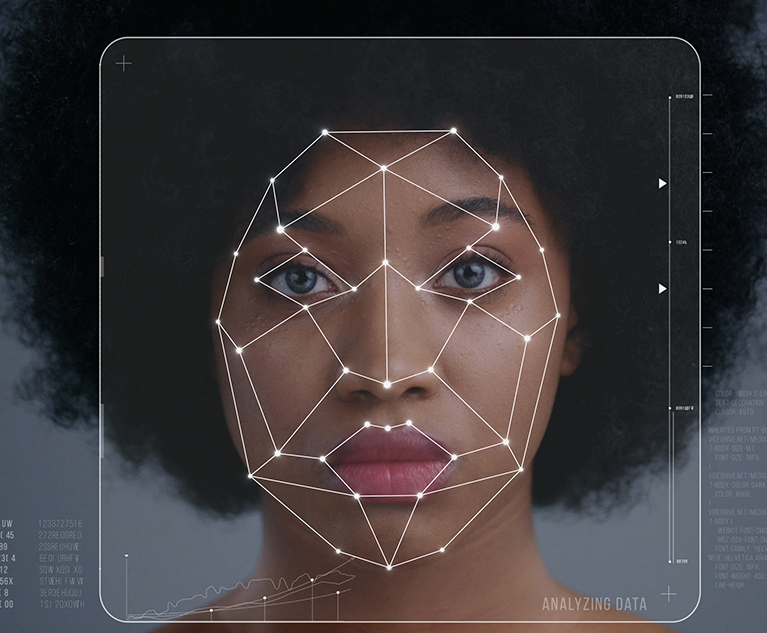Facial recognition technology in the private sector isn’t going anywhere. No longer only for security purposes, companies like Clear market their facial recognition products as transformative for “frictionless” VIP-like customer experiences by, for instance, allowing people to sail through ticket lines at airports and Major League Baseball games.
The technology itself, however, is flawed in many ways. On the one hand, this could present fertile ground for litigation. On the other, society seems more willing than ever to adopt new technologies and allow greater access to personal and biometric data. In 2022, Tiktok was the most downloaded app worldwide. At the same time, it has been banned from mobile devices issued by the federal government because of privacy concerns. Nowadays, 97% of people will accept Terms of Service without reading a single word—potentially handing over their own biometric data and likely troves of other personal information in exchange for AI-powered selfie filters.
This content has been archived. It is available through our partners, LexisNexis® and Bloomberg Law.
To view this content, please continue to their sites.
Not a Lexis Subscriber?
Subscribe Now
Not a Bloomberg Law Subscriber?
Subscribe Now
LexisNexis® and Bloomberg Law are third party online distributors of the broad collection of current and archived versions of ALM's legal news publications. LexisNexis® and Bloomberg Law customers are able to access and use ALM's content, including content from the National Law Journal, The American Lawyer, Legaltech News, The New York Law Journal, and Corporate Counsel, as well as other sources of legal information.
For questions call 1-877-256-2472 or contact us at [email protected]


 Photo: Fractal Pictures
Photo: Fractal Pictures




